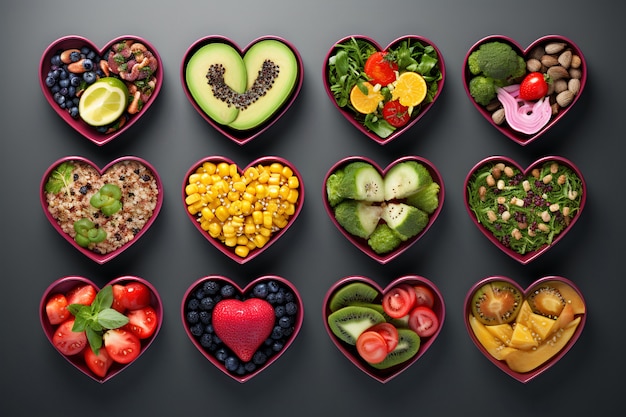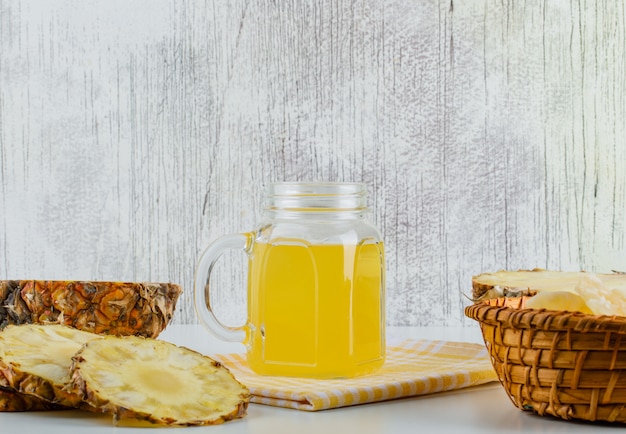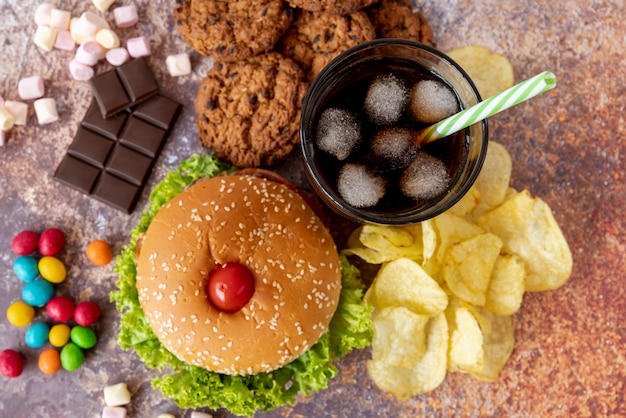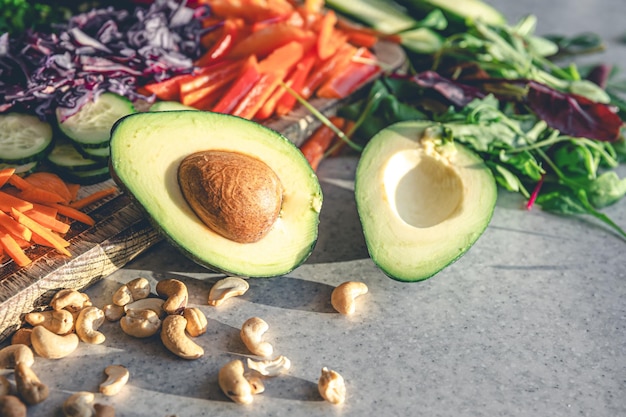Maintaining heart health doesn’t require drastic lifestyle changes—especially if you're just starting your fitness journey. For gym newbies who enjoy swimming as their primary form of exercise, combining smart nutrition with consistent movement can significantly reduce cardiovascular risk and boost overall well-being. This evidence-based weekly meal prep guide offers short routines, simple habits, and practical strategies tailored to support heart health—without overwhelming your schedule.
Swimming is a full-body, low-impact cardiovascular workout that strengthens the heart, improves circulation, and enhances lung capacity. However, exercise alone isn’t enough. Nutrition plays a critical role in managing blood pressure, cholesterol levels, inflammation, and body weight—all key factors in heart disease prevention.
A well-planned weekly meal prep routine ensures you’re fueling your body with heart-protective nutrients like fiber, omega-3 fatty acids, antioxidants, and healthy fats—while minimizing sodium, trans fats, and added sugars.

According to research from major health organizations, including the American Heart Association, the following dietary patterns are strongly linked to reduced risk of heart disease:
You don’t need hours in the kitchen. This simple, evidence-based meal prep strategy takes under 30 minutes and sets you up for success all week:
Small changes make a big difference over time. Try these easy, evidence-backed substitutions:

Swimming burns calories and strengthens the heart, but proper fueling enhances performance and recovery. After a swim, aim to eat a meal or snack with protein and complex carbs within 45–60 minutes. For example:
Staying hydrated is also essential. Even mild dehydration can strain the cardiovascular system. Drink water throughout the day, especially before and after swimming.
Long-term heart health comes from consistency, not perfection. Focus on building one or two small habits each week:
Over time, these small actions compound into meaningful improvements in heart function and overall health.
Heart-healthy eating doesn’t have to be complicated. With a few simple meal prep habits, smart food choices, and support from regular swimming, gym newbies can take powerful steps toward long-term cardiovascular wellness. Start small, stay consistent, and let science guide your journey to a stronger, healthier heart.

Health

Health

Health

Health

Health

Health

Health

Health

Health

Health

Health

Health

Health

Fitness

Health

Health